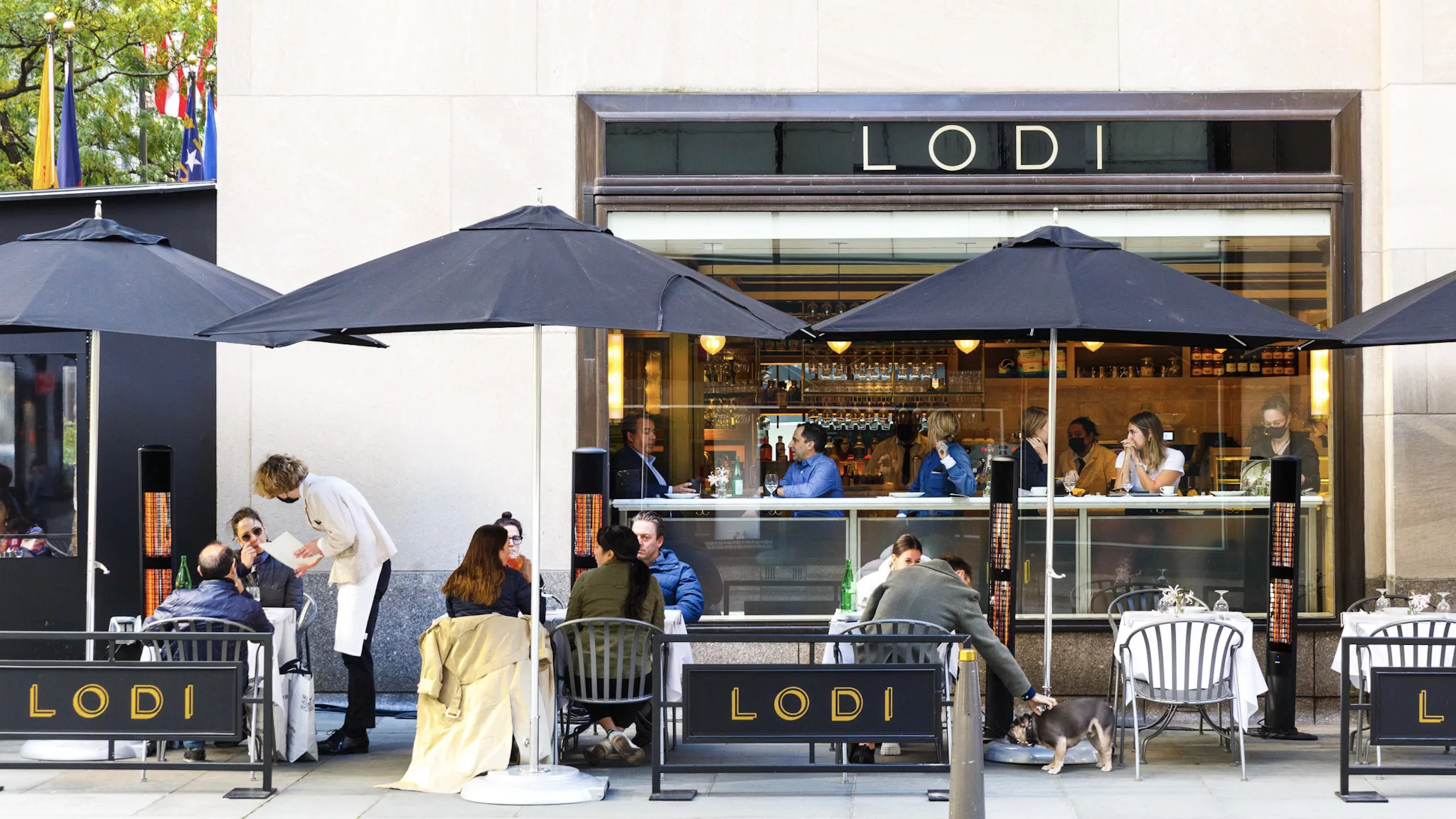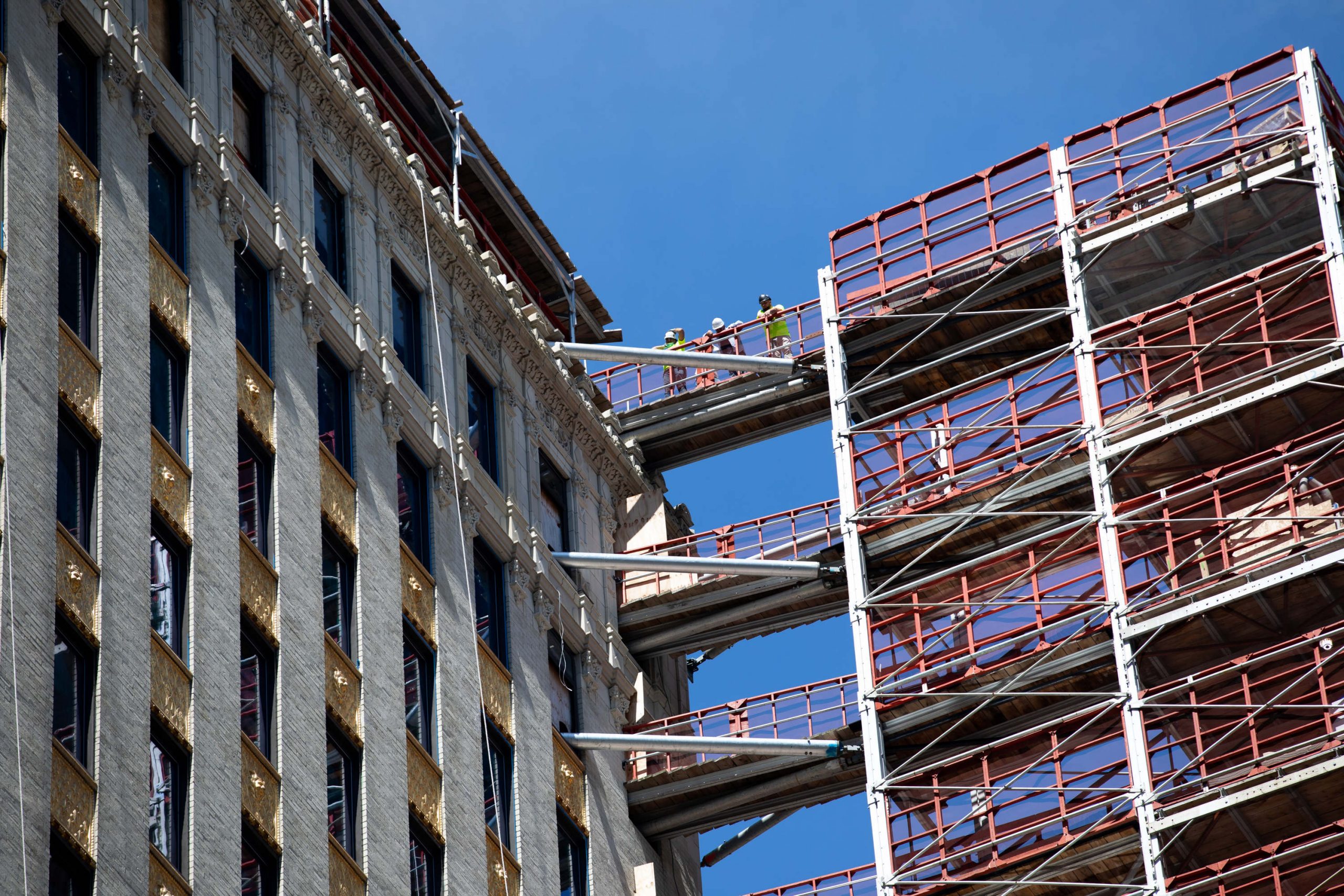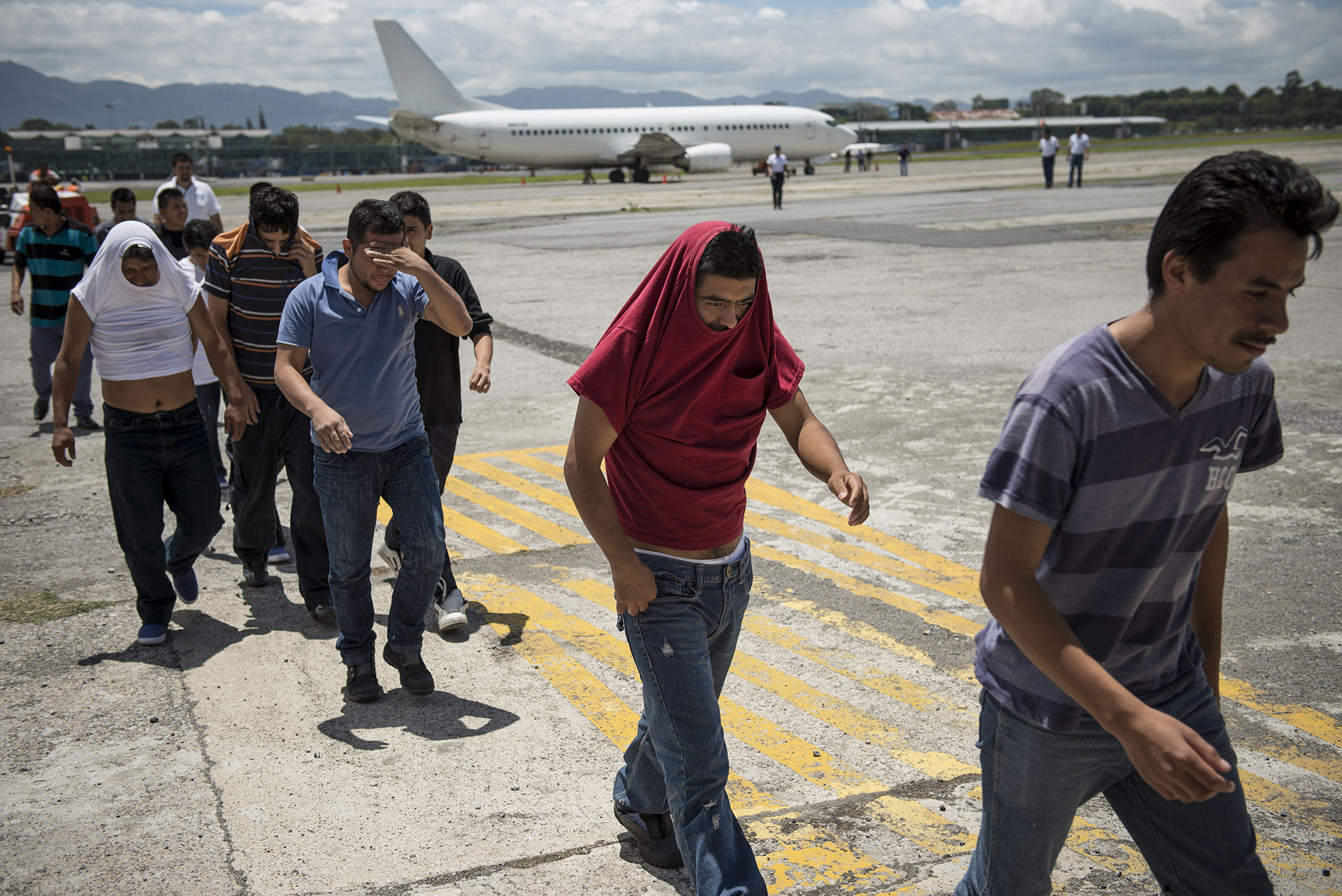In February, a slim majority of the workers at Lodi, the upscale Italian restaurant in Rockefeller Center founded by the Uruguayan-born chef Ignacio Mattos, whose menu includes a single pork loin with roasted squash entree for $66, voted against joining the Restaurant Workers Union Local 1 (RWU). A little over a month earlier, the union had gone public with two-thirds of the workers having signed union cards.
The news of the loss was disappointing but not shocking for Antonio, a 42-year-old undocumented immigrant from Colombia who declined to give his full name for fear of retaliation. He says management did everything they could to stifle support for the union.
Antonio has worked as a dishwasher at Lodi since 2022 and is one of 51 workers at the restaurant. With his $18-an-hour wage, he says he can’t afford New York’s high rents. So, when his co-workers began organizing with RWU, an upstart union, to demand better working conditions and an increase in wages, Antonio was all in.
“We wanted to get a better salary because $18 wasn’t enough,” he said.
But soon after the election in February, Antonio says that management began to retaliate against him and other union supporters by cutting his hours from 40 hours a week to just 20.
“After the election, the company went after the union supporters and we felt a lot of pressure,” he said.
Also Read: Immigrant Victims Who Cooperate With Police Must Wait 20 Years for U Visa
Even before the election, Antonio said management forced workers into captive audience meetings where they spread misinformation about unions and later pressured individual immigrant workers not to support the union.
In response, Lodi representative David Gruber told Documented they were unaware of any allegations that management had retaliated against employees who supported the union.
“We deny any allegations of surveillance or intimidation,” Lodi’s owner, Chef Mattos, said in a statement Gruber shared with Documented. “I have always strived to create a positive work culture where talented and caring people feel supported.”
Because of their undocumented status, Antonio said many workers believed they could not join a union even though federal labor laws clearly state undocumented workers have a right to organize with a union.
“This created a lot of fear among the Latino workers,” said Antonio in Spanish. “Because a lot of them did not know how unions worked.”
An organizer with the RWU, who spoke on the condition of anonymity, told Documented that throughout the union campaign immigrant workers at Lodi were specifically being fed misinformation and threatened by management.
“They were being told by management that an undocumented worker could not be part of a union and so if the union won they would lose their jobs.”
In February, RWU filed unfair labor practice charges and objections with the National Labor Relations Board (NLRB). Yet, despite losing the election and having his hours cut, new NLRB policies have given Antonio hope.
Beginning in 2021, the National Labor Relations Board unrolled several new policies to safeguard the rights of undocumented workers organizing their workplaces.
In 2021, NLRB General Counsel Jennifer A. Abruzzo issued a memo stating that the agency will start seeking immigration relief such as deferred action, parole, continued presence, U or T status, a stay of removal, or other relief to undocumented workers who witness or were victims of unfair labor practices and had their rights violated under the National Labor Relations Act.
Also Read: Documented Launches The Wage Theft Monitor
On March 20, General Counsel Abruzzo issued a letter to the Department of Homeland Security recommending deferred action for workers at Lodi, according to documents obtained by Documented.
Although U and T Visas can only be issued to victims or witnesses of qualifying crimes such as murder, kidnapping, or sexual assault, the NLRB may still certify requests for U or T visas to individuals, even if they don’t necessarily qualify, as long as they have been helpful to an NLRB investigation.
For those who don’t qualify, on a case-by-case basis, the NLRB may still request that the Department of Homeland Security extend deferred action and employment authorization documents in appropriate cases.
Furthermore, NLRB investigators will be required to advise workers who give testimony to the agency that their immigration or work authorization status is not relevant to the investigation and will not be allowed to ask workers about their status. The NLRB will also refrain from asking for a worker’s social security number or Tax ID.
Despite the new rules, grassroots workers’ rights organizations say there is still plenty of confusion.
According to Hildalyn Colon Hernandez, deputy director of New Immigrant Community Empowerment (NICE), the NLRB has not communicated enough with community groups such as NICE about how undocumented workers could actually qualify for the agency’s new policy.
Also Read: New OSHA Rules Empower Immigrant Workers
“I dont think it’s the most helpful,” she said about the NLRB’s process.
Since NLRB rolled out its new policy, the NLRB has only received 32 U Visa requests between 2018 and 2023, according to data obtained in a Freedom of Information Act request filed by Documented. Additionally, of the requests it has received, the agency approved 21 requests, denied three, and currently has eight pending requests.
Still, for workers like Antonio, who still works at Lodi, the NLRB’s new policies allow him to live and work in this country without having to look over his shoulder all the time. When he applied for a U Visa in August, he was elated with the thought that other workers could also benefit.
“I imagine that it would be easier to organize and join the union.”














